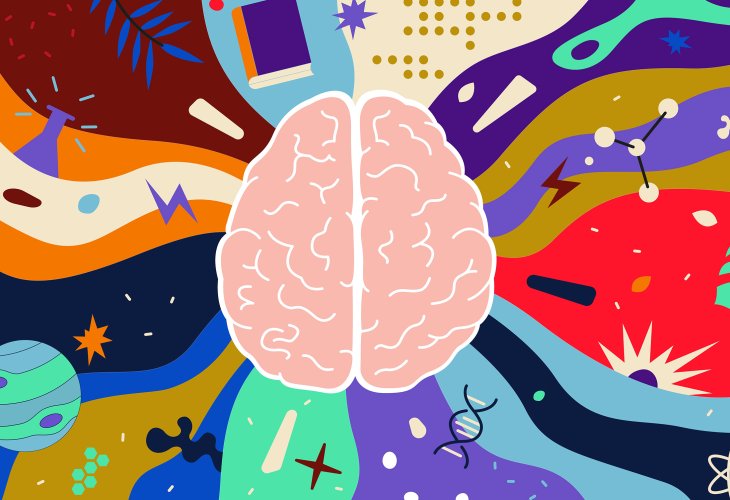How Your Diet Affects Your Brain: Unveiling the Connection
Food impacts more than just blood sugar or cholesterol – it also influences our thinking, memory, and cognitive development.
 (Photo: shutterstock)
(Photo: shutterstock)Our diet impacts our brain. It can affect tissues, and even prevent forgetfulness while enhancing learning and memory capabilities.
The food we consume influences the brain's structure and its constituents. A study found that children whose diet consisted of snacks and processed foods had relatively smaller brain volumes compared to those who consumed vegetables, fruits, legumes, and fish.
Researchers identified a clear link between the diet consumed and the cognitive abilities of the subjects. These abilities – such as processing speed, memory, language skills, and even spatial vision – were preserved even at older ages.
The study examined how a diet high in sugar and empty carbohydrates, coupled with saturated fat like fatty meats, refined vegetable oils, and any type of margarine, harms the blood-brain barrier. This barrier protects the brain from infections and inflammations that impair its function.
The role of the blood-brain barrier is to prevent relatively large molecules from entering the brain through blood vessels. A diet rich in saturated fat and sugar, especially empty carbohydrates, harms the barrier, allowing pollutants to invade the brain. This, in turn, may lead to the development of brain inflammations, increasing the risk of cognitive decline and memory and concentration problems.
Fruits and vegetables, particularly berries and vibrantly colored vegetables, contain powerful antioxidants that assist the brain in several ways. They provide the brain with vitamins and minerals, which play crucial roles in neural transmission and hormone secretion. The brain is very sensitive, as its cell membranes are vulnerable; therefore, antioxidants serve as guardians and protectors.
Omega-3 fatty acids play a vital role in maintaining nerve cells. They contribute to blood flow in the brain and the release of neurotransmitters like dopamine and serotonin, which affect mood, learning, and memory processes. You can find them in raw walnuts, sea fish (not farmed fish), avocados, non-GMO soy, and ground flax seeds.
Each of us must take responsibility for our health, understanding that food impacts not only sugar or cholesterol balance but also our thinking, memory, and cognitive development. We have a responsibility to ourselves and also to our children.
Zohara Sharvit is a Naturopath N.D and an iridology practitioner with many years of experience in treatment, consultation, and workshop facilitation. To book a free workshop, call 073-2221290

